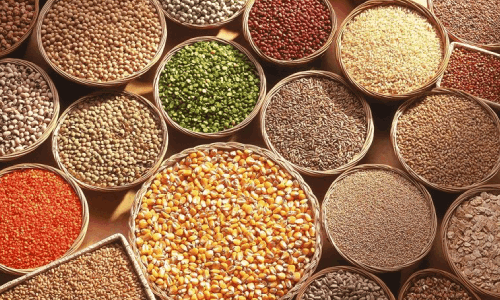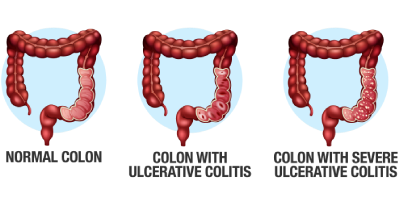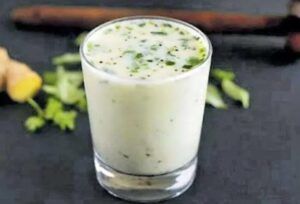Do you always have neck pain when your head is forward, neck slumped and shoulders slouched and rounded as you scroll through your phone? If yes, this is the text neck position. Text neck position is, in fact, the result of spending long hours hunched over your screens. When you tilt your heads forward to look at your devices, you put extra stress on your neck muscles and spine. Which causes neck pain. And if this continues, you will soon say “hi” to aches and pains around your neck and shoulders. In the long run, it can even cause tightness and compression of the neck muscles, ligaments and tendons. Further, it can even change the curvature of your spine. Now that you are aware, there are a few things that you can do to fix this. Tips to fix text neck position Here are three things that have worked for me. Raise the phone Do not tilt your head forward and maintain your shoulders in a neutral position- not slouched. Try to keep your phone at eye level as much as you can. I know it is difficult. But that is the most ideal position. It is also very important to keep your ears in line with your shoulders. Counter-pose exercise If you have done Yogasanas you may know that for every pose, there is a counter pose to balance it. Here is one such counter-pose exercise to fix your text neck position: Breathe Bring your head further back a little Open your mouth Slowly close your mouth bringing your lower jaw to your upper jaw You can now, as a result, feel a slight stretch on the front of your neck. Repeat this exercise a few times. Routine for quick relief Try this routine to provide instant relief to a tired neck after hours of using the phone: Interlace your fingers Grip the back of the neck with it Press the neck and look up and then down Do this 3-4 times This works, trust me! Bonus tip: Yogasanas like dhanurasana, padahastasana, and adho mukha shwanansana can also help fix the text neck position. Text neck position is a modern problem that can affect anyone who spends a lot of time on their smartphone or other digital devices. But by using the above-mentioned tips, you can protect your necks and enjoy your digital world without pain and discomfort. Remember, a little prevention can go a long way in ensuring our long-term health and well-being. So, let us keep our heads up and our necks in good shape! You can join our Health Programs for mind and body detox. If you are struggling with any health issues, you can either book a consultation with us or send us a message via WhatsApp to +91 79074 89839. We have the best Ayurvedic doctors in Trivandrum who are always glad to help you. If you have any queries, contact us. You can also visit us at our hospital.
Neck Pain No More: Practical Solutions for Text Neck









